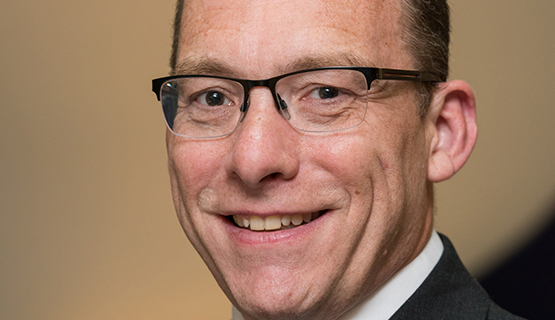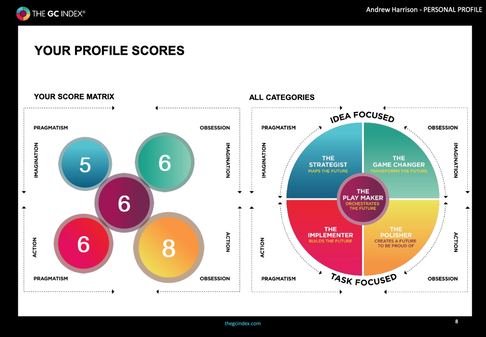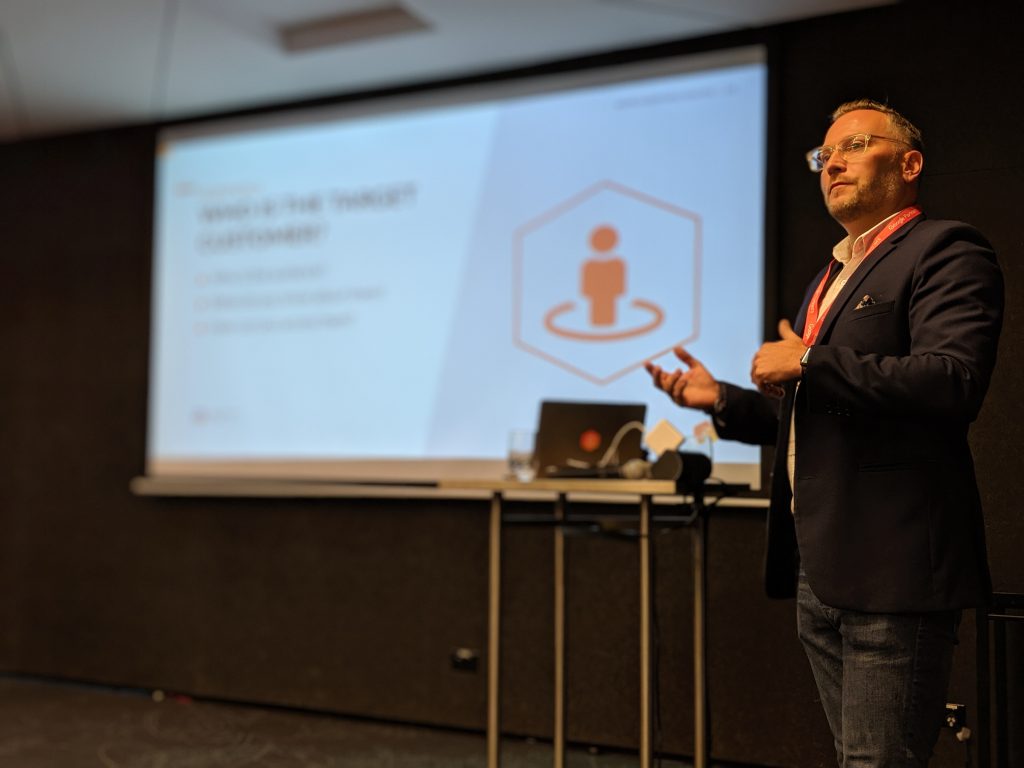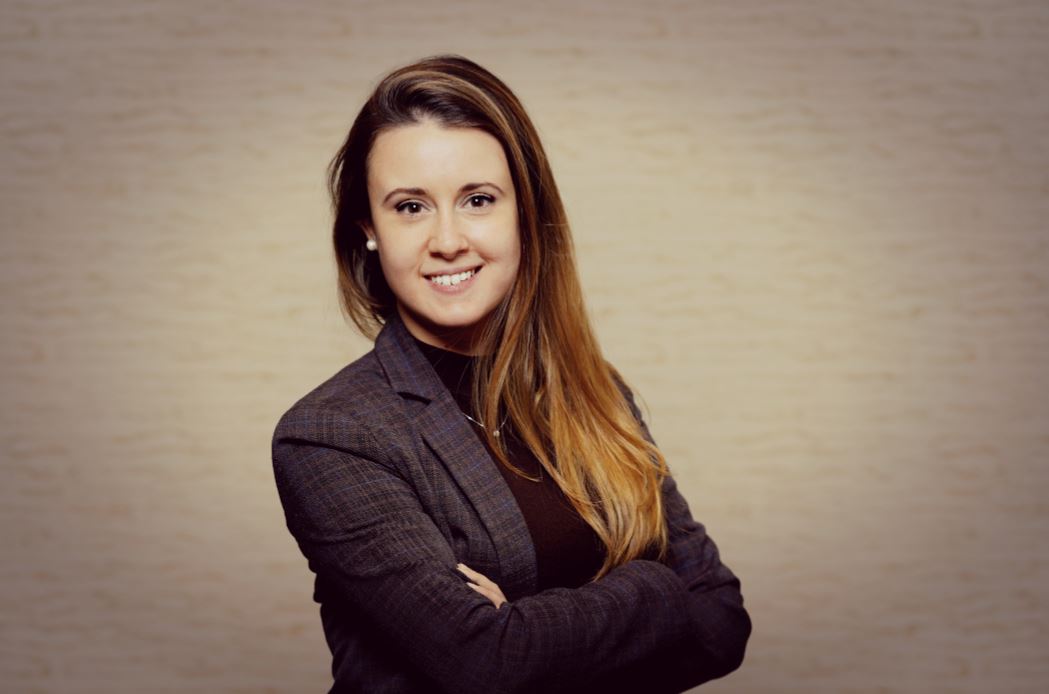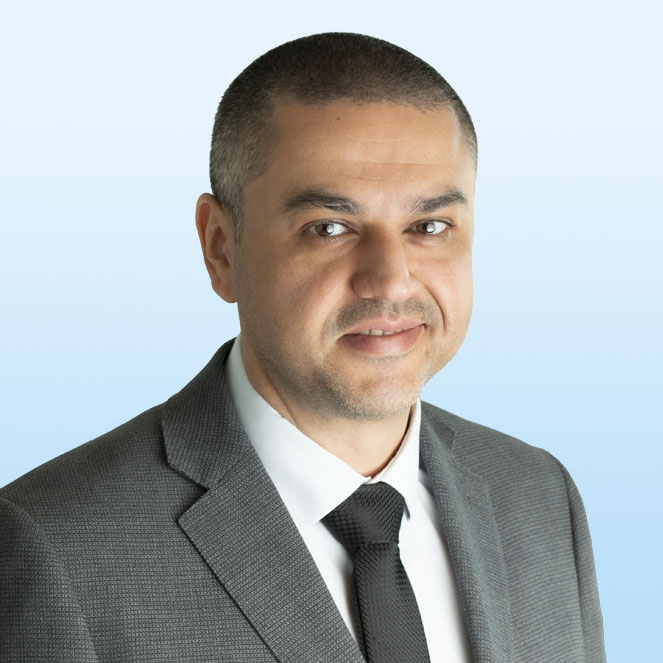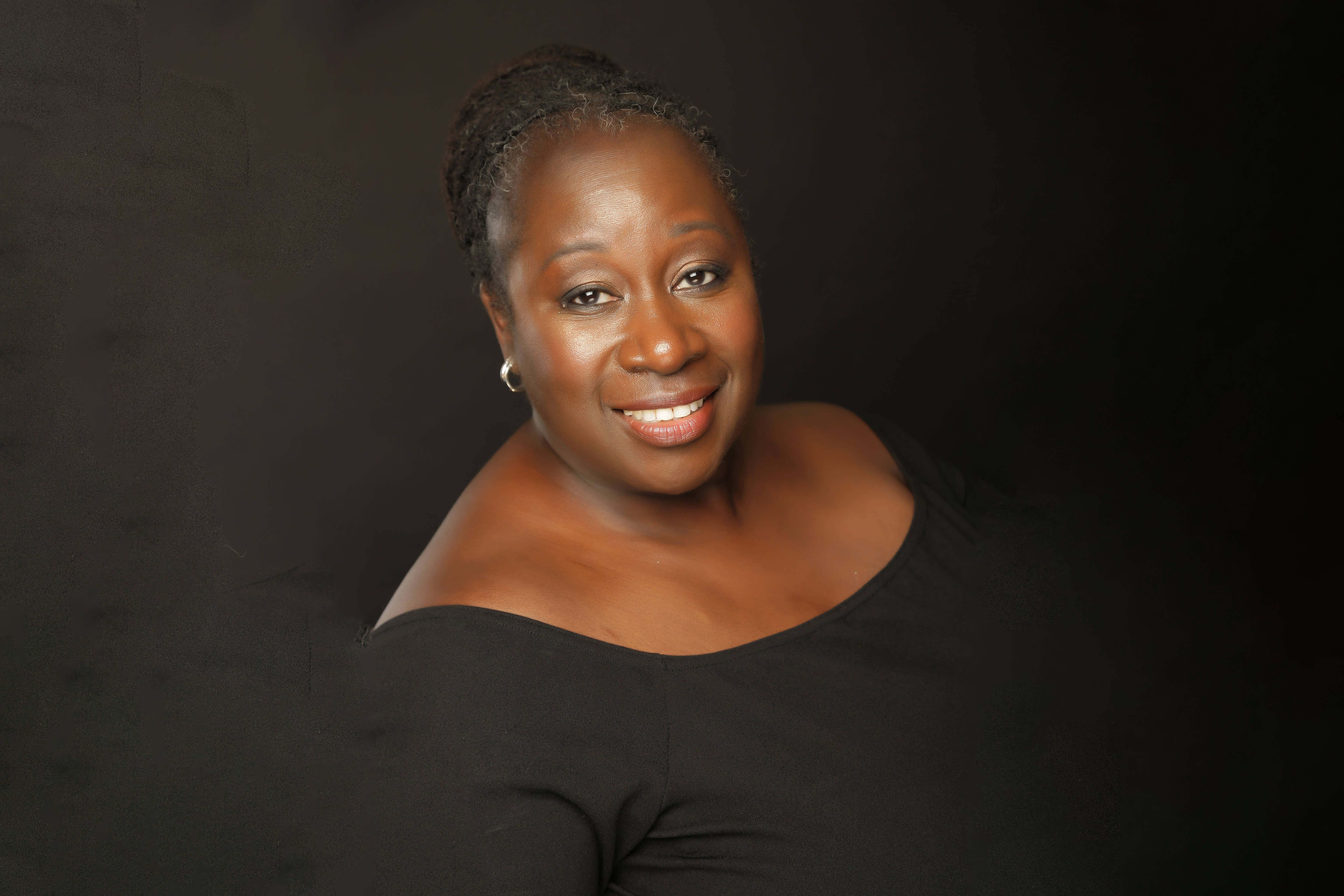Andrew is the Global Science, Industry and Technology Business Leader and the Commercial Director for Buildings UK at the multinational professional services firm, Arup.
With a background in mechanical engineering, Andrew is involved in a wide range of built environment projects around the world bringing a focus on technical excellence, innovative and sustainable development. He works closely with many global companies and drives proactive client account management.
Andrew is a member of the Board of the European Data Centre Association and is Chair of its Technical Committee. He also sits on the Board of Arup Nigeria and the Datacloud Global Awards Judging Panel.
Andrew your profile suggests a very adaptable nature. We’re going to look at your success in your world, but firstly do you recognise your adaptable nature.
Absolutely, I recognise that and hopefully I use it to my benefit. Having had a number of different roles over my career each have kind of played to each of those elements.
The main anchor throughout your career is that you seek to take a pride in what you do and that seems to influence all of your contributions?
I very much want to make sure that anything I do is right and something I can be proud of, and I now have a better sense of what is right, or what might be a perfect answer, may be slightly different in different circumstances as well, and I now use that as a strength.
Let’s take a historical look at your career. How have you changed over time do you think?
I’ve definitely evolved. From someone very much acting as someone focused on delivering and everything had to be perfect to the extent at times, that I would be so committed and so passionate that I would lose sight of the wider objectives. I think as my career has progressed, and I’ve moved in to running projects and then people, all of those experiences have broadened that understanding so I’ve balanced that sense of being correct with that wider experience. I’ve also been quite fortunate as I’ve worked in a number of different cultures around the world and I think some of those experiences have really helped me adapt in different situations.
So you’re describing there the Play Maker in GC Index terms, seeking to get the best from others, seeking to get consensus?
That’s one of the things I’ve definitely developed. I didn’t have that particular strength at the start of my career. Yes, I would be working within a team but I would be very singularly focused. Over time my role in the team has significantly changed and I’ve changed those Play Maker type characteristics.
Tell us a bit about the fit you see between your energies, this adaptable profile, and the culture of Arup in the way it’s structured. Gives us a flavour of how that fit works for you.
We have a very strong culture with a key speech that we still refer back to now from 50 years ago. The speech is a key anchor for the firm and it’s celebrated and we pass it on, albeit in today’s terms and language. Fundamentally it’s around the people giving good things to get good outcomes. We are an organisation who want people to come forwards with ideas and therefore there’s opportunity for people to evolve and develop. We’re also quite flat from a management structure perspective which again provides opportunity to see beyond your local environment and have a wider perspective in terms of where the firm is going and therefore where the opportunities lay.
This sounds like a culture that values and appreciates game-changing ideas and possibilities and values collaboration and team work but there is still focus on the ‘let’s get some stuff done’ but let’s do it as well as we can. Given your success in your career, has the Game Changer in your nature come to the fore more readily that it may have done before?
In some roles yes. Particularly when I’m trying to bring together different parts of the firm in a new arena. Especially where it might be understanding different opportunities by bringing something together in a fairly creative and unusual kind of way. There is some work I’ve been doing lately particularly related to that which has been both personally rewarding and helped us take something in to a slightly new direction.
I have one role which is quite operationally and commercially focused, another role which is very much around clients and strategy for evolving the business. I have the other roles I described earlier in bringing different parts of the business together so in each of those, the role that I play, I’m conscious that I might need to change slightly in terms of my impact. I’m authentic, it’s me, but I’m sort of adapting to each situation to get the most from it as I see it.
I have one role which is quite operationally and commercially focused, another role which is very much around clients and strategy for evolving the business. I have the other roles I described earlier in bringing different parts of the business together so in each of those, the role that I play, I’m conscious that I might need to change slightly in terms of my impact. I’m authentic, it’s me, but I’m sort of adapting to each situation to get the most from it as I see it.
What do your team tell you you’re like to work for?
They recognise that real can-do approach, so positive. I can be challenging and people value that challenge, but you do need to achieve the right balance to get successful outcomes. They see me as someone who is very much outcome focused as well.
In an organisation getting this balance right in being opportunistic about creative possibilities and exciting things as organisations grow and bringing some structure and commerciality to that presumably that has been part of your leadership role. What have you learned about that?
I think one of the aspects that’s helped my career over the period is the fact I’ve worked in different parts of the business, in different parts of the world, but there has always been that consistent bit of the culture. But having that variety and wealth of experiences is why I am still in the organisation, 32 years on, because I’m always being given a new opportunity or a new challenge. We can’t lose sight and need for creativity and innovation. It underpins who we are coming forward with new integrated solutions and ideas. Part of my role from a commercial perspective is to help with a framework that means some of the businesses I support have that guardianship around them to ensure that we play true to that creative element and that we do enough in all the other areas to keep ourselves well managed, well- structured and well organised. But ultimately we can’t lose sight of that need to be creative and innovative and to try things. Giving people that space to be innovative is one of the main ways that we support people in developing their careers.
A sort of ‘safe-to-fail’ culture?
Yes, we just have to make sure it’s a managed failure if it’s a failure.
A sort of ‘safe-to-fail’ culture?
Yes, we just have to make sure it’s a managed failure if it’s a failure.
How do you get the best from your Game Changers, creative talent? We know these individuals are different we know they need to be nurtured and looked after and managed in a different way.
The underlying point is good people. If you have good people then the rest to a greater extent follows. Good people with trust should achieve the right outcomes. For me that’s the fundamental. But of course, everyone is different and we need to recognise when that’s not going to work and take appropriate action.
Good people – good outcomes.
Freedom and trust go together. You’re trusting people to use whatever freedoms that you give them to the benefit of the greater good.
Good people – good outcomes.
Freedom and trust go together. You’re trusting people to use whatever freedoms that you give them to the benefit of the greater good.
Interviewed by – The GC Index

